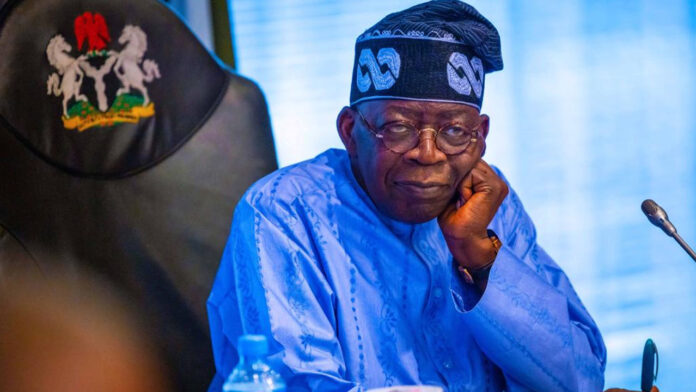The Nigerian government plans to clear about N1.7 trillion in electricity debt by issuing bonds and promissory notes. This strategy is part of the draft Accelerated Stabilization and Advancement Plan (ASAP), presented by Finance Minister Wale Edun to President Bola Tinubu. The aim is to tackle a major tariff shortfall and liquidity crisis in Nigeria’s power sector within the next six months.

According to the ASAP document seen by Nairametrics, the Minister of Finance, the Federal Inland Revenue Services (FIRS), and the Central Bank of Nigeria (CBN) will work with key power sector stakeholders to implement these debt settlements using bonds and promissory notes.
Key Power Sector Plans
Another major step involves providing funds to gas suppliers every quarter to ensure a steady gas supply to power plants, which is crucial for stable electricity generation. This will cost N216 billion and will help replenish the Gas Supply Stabilisation Fund (GSSF), ensuring a reliable gas supply chain.
The government also plans to integrate renewable energy into Nigeria’s energy mix by conducting studies on incorporating solar and wind power into the national grid. This intervention will cost $2 million and aims to reduce energy costs and promote sustainability.
To address infrastructure issues, the ASAP proposes completing 25 Transmission Company of Nigeria (TCN) substation projects and 25 TCN transmission line projects, both currently 30% complete. These efforts, costing $73.2 million and $170.4 million respectively, are critical for improving transmission capacity.
Another significant project involves boosting the capacity of the Niger Delta Power Holding Company (NDPHC) by 1000 MW at a cost of €4.5 million, which will help mitigate power shortages in Nigeria.
Total Costs and Expected Outcomes
The total cost for these interventions is estimated at N1.916 trillion, $245.6 million, and €4.5 million. The government hopes these plans will quickly stabilize the power sector and ensure a reliable electricity supply across Nigeria. Successful implementation is expected to address both financial and infrastructural challenges in the power sector.
Background and Financial Challenges
Tony Elumelu, Chairman of Transcorp Group, highlighted the substantial debts owed to power generation companies (GenCos) by the Nigerian Bulk Electricity Trading Plc (NBET). He urged the government to expedite debt settlements to ensure liquidity and reliable electricity generation. GenCos also warned that over N2 trillion in unpaid debts could threaten the sustainability of electricity generation.
The government previously announced plans to pay N130 billion to settle part of the gas supply debts in the Nigerian Electricity Supply Industry (NESI). President Bola Tinubu endorsed a proposal to clear the outstanding debts owed to gas suppliers, as stated by Minister of Power Mr. Adebayo Adelabu.
Victoria Ibiama




